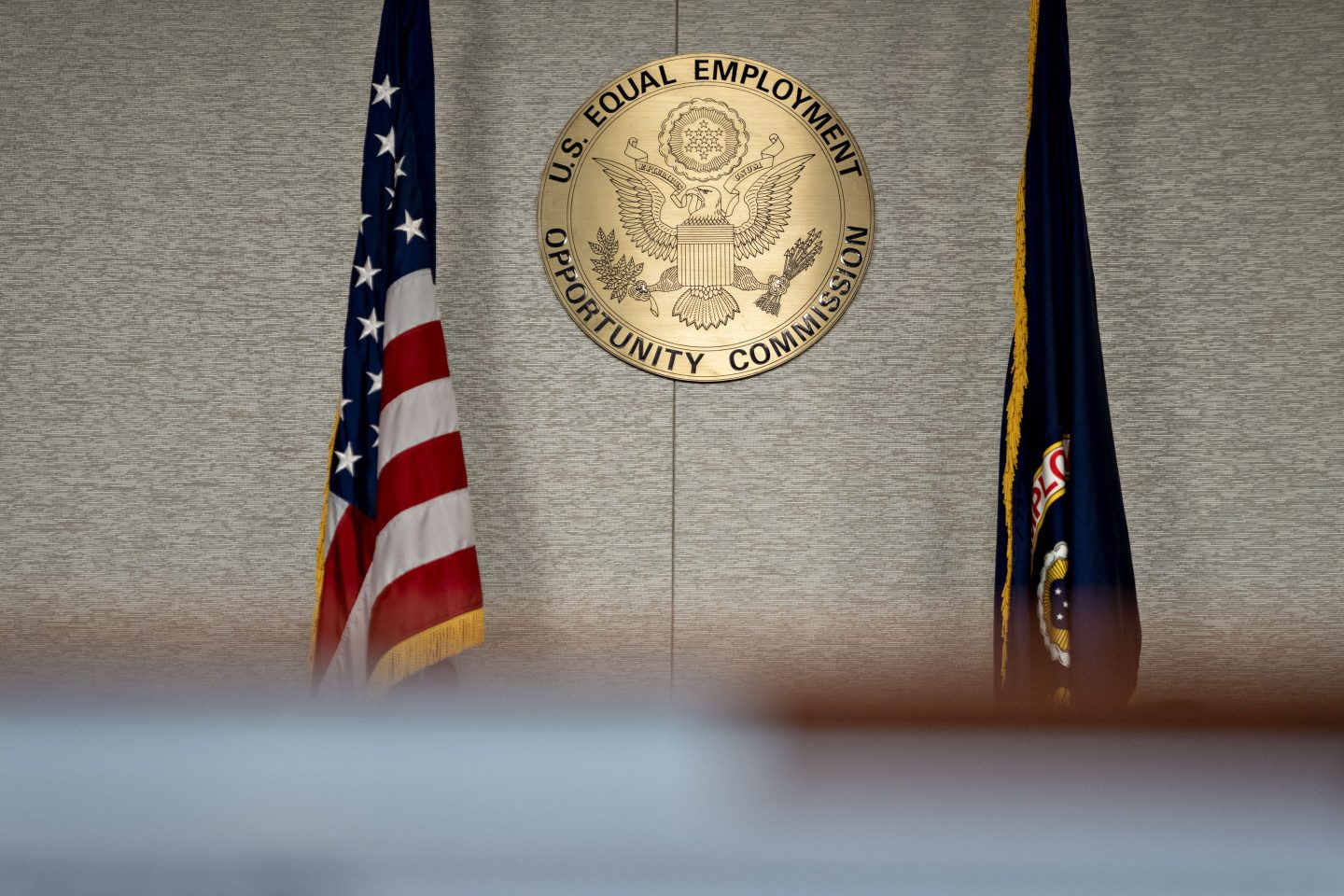Good morning!
Last week, President Donald Trump fired leaders at two independent agencies in charge of enforcing civil rights laws across workplaces in the U.S.
Trump dismissed National Labor Relations Board (NLRB) Chair Gwynne Wilcox, as well as two members of the Equal Employment Opportunity Commission (EEOC)—commissioners Jocelyn Samuels and Charlotte A. Burrows.
The NLRB is the agency in charge of safeguarding employees rights, including the right to organize a union. The EEOC oversees all aspects of employment, and is the agency that enforces laws that prohibit workplace discrimination.
Noreen Farrell, executive director of Equal Rights Advocates, a nonprofit women’s rights organization, called the decisions “unconstitutional and unprecedented,” adding that the impact of these dismissals “cannot be overstated.”
The decision to fire Wilcox at the NLRB could dramatically impact the agency’s ability to make decisions moving forward, Peter Rahbar, a leading employment lawyer for The Rahbar Group, told my colleague Sara Braun. The board, which usually has five members, each with five-year terms, needs a quorum of at least three people to make any decision. After the termination of Wilcox, there are only two members.
“To the extent that this administration is seeking to paralyze an agency that is viewed as friendly to labor—they’ve now done that,” said Rahbar.
The same is true at the EEOC, which needs three members to function, according to Title VII of the Civil Rights Act, and now has only two members. Burrows wrote in a statement after her termination that her removal, which came three and a half years earlier than expected, could “undermine the efforts of this independent agency to do the important work of protecting employees from discrimination, supporting employers’ compliance efforts, and expanding public awareness and understanding of federal employment laws.”
Almost immediately after firing Burrows, Trump appointed Andrea R. Lucas as EEOC acting chair, whose leadership could mean some big changes at the agency. Lucas has already announced some of her priorities, including removing the agency’s “pronoun app,” a feature that allowed employees to identify their pronouns on work communications, as well as materials promoting gender ideology on the commission’s internal and external websites and documents.
“We have seen already that Acting Chair Lucas will roll back what she can with her individual authority,” says Andrew Scroggins, a partner at Seyfarth’s labor and employment practice.
It’s still unclear if the president actually has the authority to remove NLRB and EEOC leaders in the first place. Their terminations will likely be challenged in court, and Rahbar and Farrell both point out that their dismissals could very well be overturned by the courts.
“The power to fire a member has never been exercised,” Rahbar said. “And it’s not a power the president has.”
Brit Morse
brit.morse@fortune.com
Around the Table
A round-up of the most important HR headlines.
Costco is increasing pay to more than $30 per hour for most hourly store workers in the U.S., in response to a union member vote in favor of a nationwide strike. Reuters
The government sent an email to FAA employees encouraging air traffic controllers to look for new jobs in the private sector where they could be more productive. New York Times
Amidst stalled negotiations, Starbucks and a union representing thousands of its workers said they’re bringing in a mediator to “revive contract talks.” New York Times
Watercooler
Everything you need to know from Fortune.
An end to WFH. Employees at Dell are being called back to the office full-time, with the company’s CEO announcing he is “retiring” hybrid policy. —Chloe Berger
Space problems. JPMorgan Chase is requiring workers to come back five days per week, but the major bank is still figuring out where to put them all. —Luisa Beltran
Memo leaks. In an all-hands meeting yesterday, Mark Zuckerburg lamented the fact that internal company documents he shares with employees often end up online. —Eleanor Pringle













